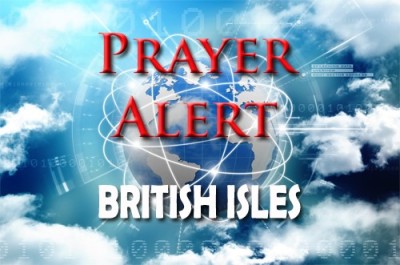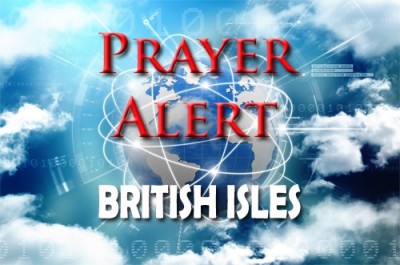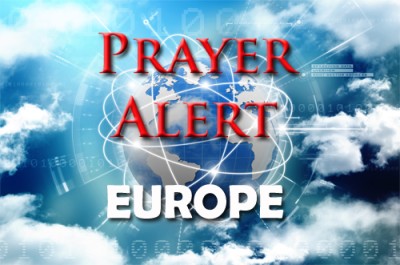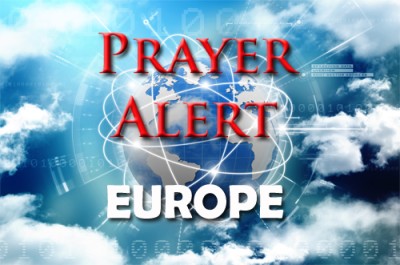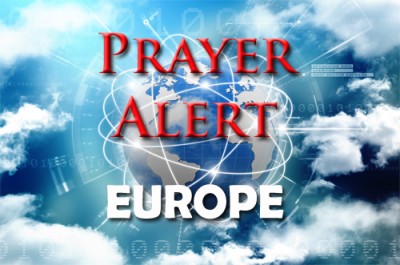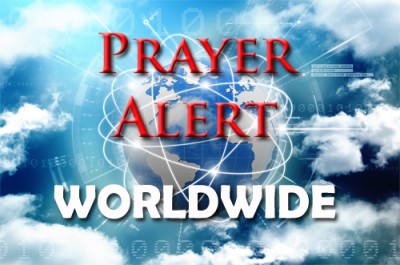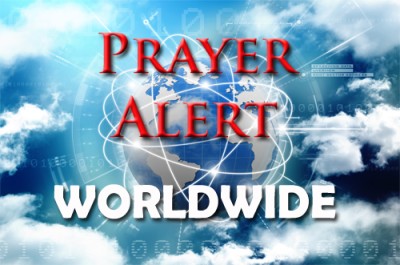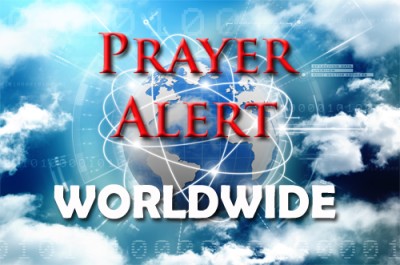Major lenders Santander and Barclays have introduced mortgage deals below 4%, signalling increased competition in the sector. These offers follow expectations that the Bank of England will continue to cut interest rates, allowing lenders to lower borrowing costs. Currently, the average two-year fixed mortgage rate is 5.48%, and the five-year average is 5.29%, but further declines are expected as lenders adjust to market trends. 800,000 fixed-rate mortgages under 3% are set to expire annually until 2027, meaning many homeowners will still face higher monthly payments. However, with the Bank of England expected to cut rates further, experts predict continued mortgage rate reductions, offering relief to borrowers. Financial experts are advising homeowners to review their options and switch to better deals where possible. The Bank of England reports that the UK economy grew slightly, by 0.1% in the last quarter of 2024. See
Sexual abuse survivors have reacted with anger and disappointment after the Church of England's General Synod rejected a move to full independent safeguarding, instead opting for a partially independent model. Survivors had urged the Church to transfer all safeguarding officers to an external independent body, removing bishop oversight, but Synod members delayed full independence, promising only 'further work' on the issue. Advocates condemned the decision, calling it a failure to restore trust and accusing the Church of 'marking their own homework'. Survivor advocate Andrew Graystone called the decision 'shocking arrogance'. The Church has faced multiple safeguarding scandals, leading to former Archbishop Justin Welby’s resignation. His temporary replacement, Archbishop Stephen Cottrell, admitted to past failures but defended the new model, calling it a step toward greater independence. Critics, however, see it as delaying much-needed reform and a betrayal of abuse victims.
US secretary of state Pete Hegseth has defended Donald Trump’s push for peace talks on Russia’s war in Ukraine, insisting it was not a betrayal of Kyiv. Speaking before a NATO meeting in Brussels, Hegseth emphasised the need for a negotiated peace but called Ukraine’s demands - restoring pre-2014 borders and NATO membership - ‘unrealistic’. Trump later confirmed he had spoken with Vladimir Putin, agreeing to initiate negotiations without prioritising territorial concerns or Ukraine’s NATO bid. European leaders voiced concern, fearing premature concessions could embolden Russia. Hegseth asked NATO allies to ramp up defence spending to 5%, a target the US itself does not reach. Volodymyr Zelensky, after speaking with Trump, reiterated his commitment to securing peace while ensuring Ukraine’s security. Questions remain over whether Moscow will accept a deal that meets Kyiv’s conditions. Trump’s advisers are set to meet Zelensky at the Munich security conference to discuss next steps.
Lina Ishaq, a 52-year-old Swedish woman, has been sentenced to twelve years in prison for genocide and war crimes against Yazidis in Syria. She enslaved three Yazidi women and six children in Raqqa between 2014 and 2016, forcing them to wear veils, practise Islam, and endure physical abuse. This is Sweden’s first conviction related to IS crimes against Yazidis, a religious minority targeted for extermination. In 2014, IS launched a brutal campaign against them, killing 5,000 and enslaving thousands more. Ishaq, originally from Iraq, moved to Sweden as a child but later converted to Islam and joined IS in 2013. She fled to Turkey after IS collapsed and was extradited to Sweden in 2020. Sweden’s Yazidi community (numbering about 6,000) sees the conviction as a step toward justice, though Ishaq denies the charges and may appeal.
Austria: coalition government talks collapse
13 Feb 2025Talks to form Austria’s first far-right-led coalition collapsed after negotiations between the Freedom Party (FPO) and the conservative People’s Party (OVP) failed. The FPO, which won the most votes in September’s election, has struggled to reach an agreement with the OVP. Disputes over key ministries, including finance and interior, along with FPO demands on EU legal rulings and Russian sanctions, proved insurmountable. FPO leader Herbet Kickl blamed the OVP for insisting on ministry allocations before resolving broader policy issues. The OVP, in turn, accused the FPO of failing to commit to fundamental democratic principles, including Austria’s role as a reliable EU partner. With coalition talks broken, the president must decide whether to restart centrist negotiations or call a snap election, where polls suggest the FPO would strengthen its lead. Political uncertainty now looms over Austria’s government formation.
Gaza: future of ceasefire in the balance
13 Feb 2025The Gaza ceasefire agreement between Israel and Hamas, in effect since 19 January, is at risk of collapsing. Efforts by Egypt and Qatar to mediate continue, as a senior Hamas delegation arrived in Cairo to salvage the truce. Benjamin Netanyahu has warned that if hostages are not released by Saturday, intense military operations will resume. The situation has been further complicated by Donald Trump's recent proposal to remove Gaza’s Palestinian residents, which has emboldened Israel’s far-right leaders. Some Israeli ministers are now demanding a total military takeover of Gaza. Meanwhile, Israeli security officials argue that breaking the ceasefire would endanger hostages still held in Gaza. Families of captives and displaced Gazans fear renewed conflict. Breaking news: Hamas has said it will release three hostages on 15 February as agreed, although earlier it had threatened to cancel the ceasefire, claiming that Israel had failed to fulfil key commitments.
Shakoofa Khalili and her family fled Afghanistan after the Taliban’s takeover in 2021, hoping for resettlement in the USA. Along with thousands of others, they have been stranded in Pakistan, awaiting visas that may never come. Khalili once worked for a US-funded child protection programme, but now she and her family fear deportation to Afghanistan. Donald Trump’s suspension of the US Refugee Admissions Programme (USRAP) has locked out many Afghans, particularly women, who now have no legal protection. Pakistan’s government is implementing a repatriation plan which could affect thousands: advocacy groups warn that returnees face arrest, torture, or execution. For Khalili, the fear is personal - her young daughter was severely traumatised when she witnessed her father almost being arrested by police. With no clear path to safety, thousands of Afghans remain in hiding, praying for intervention before time runs out.
On 11 February a magistrate’s court ordered opposition leader Dr Kizza Besigye to appear and explain his absence in a case where he is accused of inciting violence during 2022 protests against rising living costs in Kampala. In a handwritten letter, Dr Besigye had stated he was ‘currently indisposed’. The magistrate emphasised the importance of personal liberty and scheduled the next hearing for 14 February. Notably, it was observed that there is no remand warrant currently justifying his detention, indicating he is being held without clear legal grounds. This development follows a recent supreme court ruling halting the trial of civilians in military courts. Dr Besigye has begun a hunger strike to protest against his continued detention, and there are concerns about his health: see
